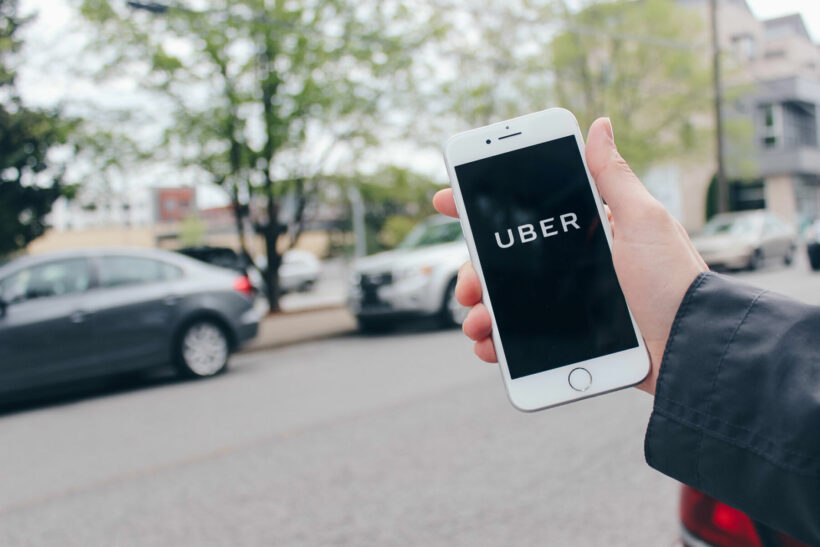Uber: leaked documents show unethical, possibly illegal tactics

Uber has long been known for their very aggressive growth into the ride-sharing market around the world but leaked private documents now show that many of its tactics were morally questionable and potentially illegal. The leak has been called The Uber Files and has been analyzed by dozens of news organizations to exubertract information from the 124,000 records that were revealed.
Uber had a growing market share in Southeast Asia when, in March of 2018, the company inked a deal to be taken over by Grab in Thailand, Vietnam, Singapore, the Philippines, Myanmar, Malaysia, Indonesia, and Cambodia. The deal with the largest of its kind in the region for Grab, now a titan that includes ride-sharing, food delivery, shopping delivery, package delivery, and even some financial services. The deal gave Uber a 27.5% stake in Grab, and its CEO a seat on the board.
This new leak reveals harsh tactics used over the last 10 years to springboard their product to success, causing Uber to release a statement acknowledging some “mistakes” on their part. The company was shown to have sidestepped regulatory authorities in part by gathering user support by exploiting backlash from the taxi industry.
Uber pinned these dubious methods on notoriously rough former CEO Travis Kalanick, who eventually had to resign in 2017 amidst accusations of alleged psychological and sexual harassment and harsh management methods. The turbulent inner workings of the company matched the volatility on the ground as drivers for Uber were protested and even attacked by the taxi industry after the company offered discounted fares by subsidizing the drivers to increase market share.
The higher-ups in Uber used these visible attacks to demonise the taxi industry and garner support for their drivers, painted as victims of these brutish taxi driver attacks. The investigation of The Uber Files revealed that they often entered markets on a wave of public support this way rather than getting the necessary licensing to operate legally. Kalanick denies that he ever manipulated the system that way or encouraged violence.
The leaked documents though also revealed that Uber offices were equipped with a kill switch that cut off access to the internal workings of the company when regulators showed up to raid offices, hampering any attempts to regulate the emerging industry.
SOURCE: Bangkok Post
Latest Thailand News
Follow The Thaiger on Google News:


























